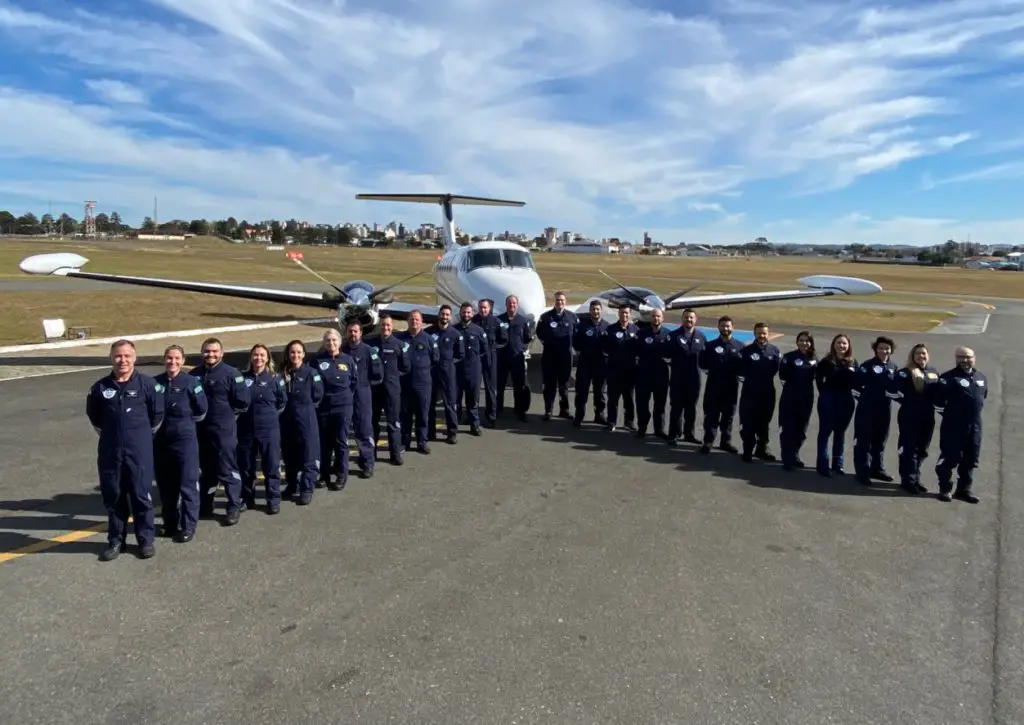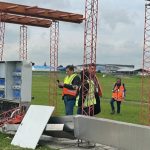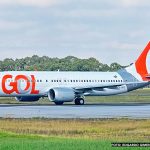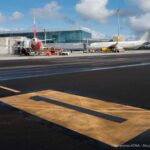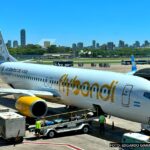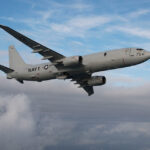In the midst of a substantial increase in Covid-19 cases, Helisul reached 3,000 aeromedical flights in 10 years.
Helisul Aviation’s aeromedical transport service began to be offered in 2012 with fixed-wing aircraft. In nearly 10 years of operations, the company reached last December 27, the mark of 3,000 flights performed for the care of all types of patients: from newborns to the elderly, and of the most varied pathologies, such as heart disease, neurological diseases, trauma, and others.
In the period from August 2020 to December 2021, the search for private patient transfers in aircraft grew by 20%, according to Helisul’s Aeromedical Department. The increase has been driven by the beginning of the period considered the most critical of the Covid-19 pandemic in Brazil, since the arrival of the health crisis in the country in question.
In the 12 months of 2020, 295 medical transportations were carried out by aircraft. In 2021, there were 335, according to Helisul’s database. The company performed an average of 30 monthly patient transportation per unit.
More often than not, the service is requested by family members or indicated by the physician responsible for the patient at origin, explain the department’s coordinators, Dr. Felipe Novak, and nurse Marcio Metze Weinhardt.

The procedure, once the need for transfer from the hospital unit has been defined, is initiated by means of telephone contact, in order to gather detailed information on the patient’s condition, such as anamnesis, laboratory and imaging tests.
«If the patient presents safe conditions for air transport, it is performed with the Air ICU,» says Dr. Felipe Novak.
The air ICU is commonly used for patients admitted to hospital units, most of the time of low complexity, and who do not have the capacity to offer all the necessary support for the treatment that the patient needs. For this reason, air transport is requested to a hospital unit that can attend the most complex cases.
The units equipped with air ICUs depart to answer the calls from Helisul’s base at Bacacheri airport, in Curitiba. The crews are composed of 2 pilots, 1 doctor, and a nurse, properly trained for aeromedical assistance.
Fixed-wing for rotary-wing:
Fixed-wing aircraft are indicated for assistance over distances greater than 250 kilometers. They have better capabilities for travel in bad weather and have cabins with more interior space compared to helicopters.
Due to these properties, they are more appropriate to allow the medical team to apply monitoring techniques and perform in-flight procedures, assisting in the treatment of the patient even before arriving at their destination.
As reported by our Brazilian partner Aeroin, Helisul’s aeromedical transport service also offers helicopter rescues and transfers. From the beginning of operations with rotary wing, helicopters, in 2014, almost 10,000 flights were performed. All of them left from bases in Cascavel, Londrina, Maringá and Ponta Grossa.
The helicopter teams consist of a pilot, a doctor, and a nurse. They are mixed teams, including pilots from Helisul and the Military Police Air Operations Battalion (BPMOA), with doctors and nurses from SESA (Paraná State Health Department). This same successful operating model is being analyzed for use in other Brazilian states.
The services provided by Helisul with rotary-wing aircraft assist ground rescue teams in car accidents, trauma, or primary care for clinical emergencies in hard-to-reach places.
«The helicopters perform rescues of trauma victims and in cases of lack of clinical care when there is no availability, providing primary care and giving support to fixed and/or mobile pre-hospital units», explains Marcio Metze Weinhardt.
Similarly, interhospital transport of patients is performed, so that they reach the places with the greatest availability of resources, in the shortest possible time, thereby being able to quickly initiate treatment to improve their prognosis.
«Helisul’s aircraft also transport organs for transplants, ensuring that they arrive safely and instantly to the recipients, thus minimizing the patient’s anguish and the family’s anxiety,» adds Helisul’s nurse coordinator.

